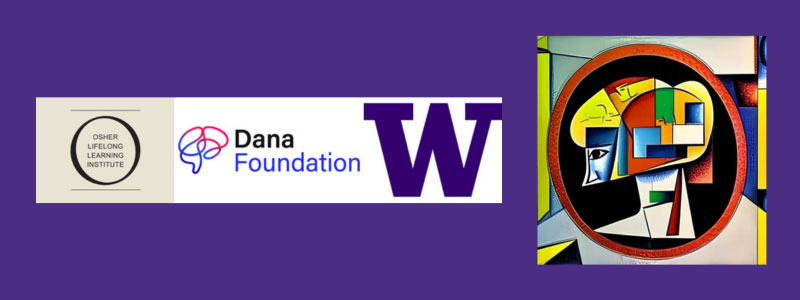Disorders of the brain, including neurological and mental illnesses, are among the leading causes of death and disability in the world. Given the high incidence of these disorders, which includes Alzheimer’s, Parkinson’s and stroke, it is likely that many people will be affected directly by these diseases or know someone who suffers from them. Significant research efforts are underway to determine the underlying causes and effective treatments for these illnesses, however, most people are not knowledgeable about neuroscience and have many misconceptions about the brain and therapies for brain disorders.
A recent survey by the American Association of Retired Persons (AARP) revealed that 83% of older adults believe that it is important to keep your brain active and 54% are motivated to stay mentally sharp and/or promote brain health. A more informed public will benefit people when faced with age-related symptoms as they discuss treatment options with their healthcare providers, and as they explore information about brain research in books, magazines, social media, online and television.
Eric Chudler, UW Bioengineering research associate professor, is leading a program in collaboration with the Osher Lifelong Learning Institute that will help people understand neuroscientific research, and raise awareness about neurological disease, mental disorders and brain health. The program, called Brain Health Learning Network, is funded by a $115,000 grant from the Dana Foundation. The funds will allow Chudler and his team to develop a speaker program and online resources, including videos and activities that will engage older adults in learning about the brain and help them critically analyze information that they encounter in the media. The program will explore issues related to healthy brain aging including diet, mental and physical exercise, sleep and social engagement.
The aim of the program is to help older adults to be more knowledgeable about brain health and confident in their abilities to convey this information and their concerns to others including their peers and healthcare providers. A web site will be developed to serve as a leading resource about brain health for those interested in neurological issues facing aging populations.
It is hoped that the findings from the program evaluation at the end of the grant year will guide program staff in adjusting the program moving forward and to be a resource to other organizations and institutions interested in replicating the model.


